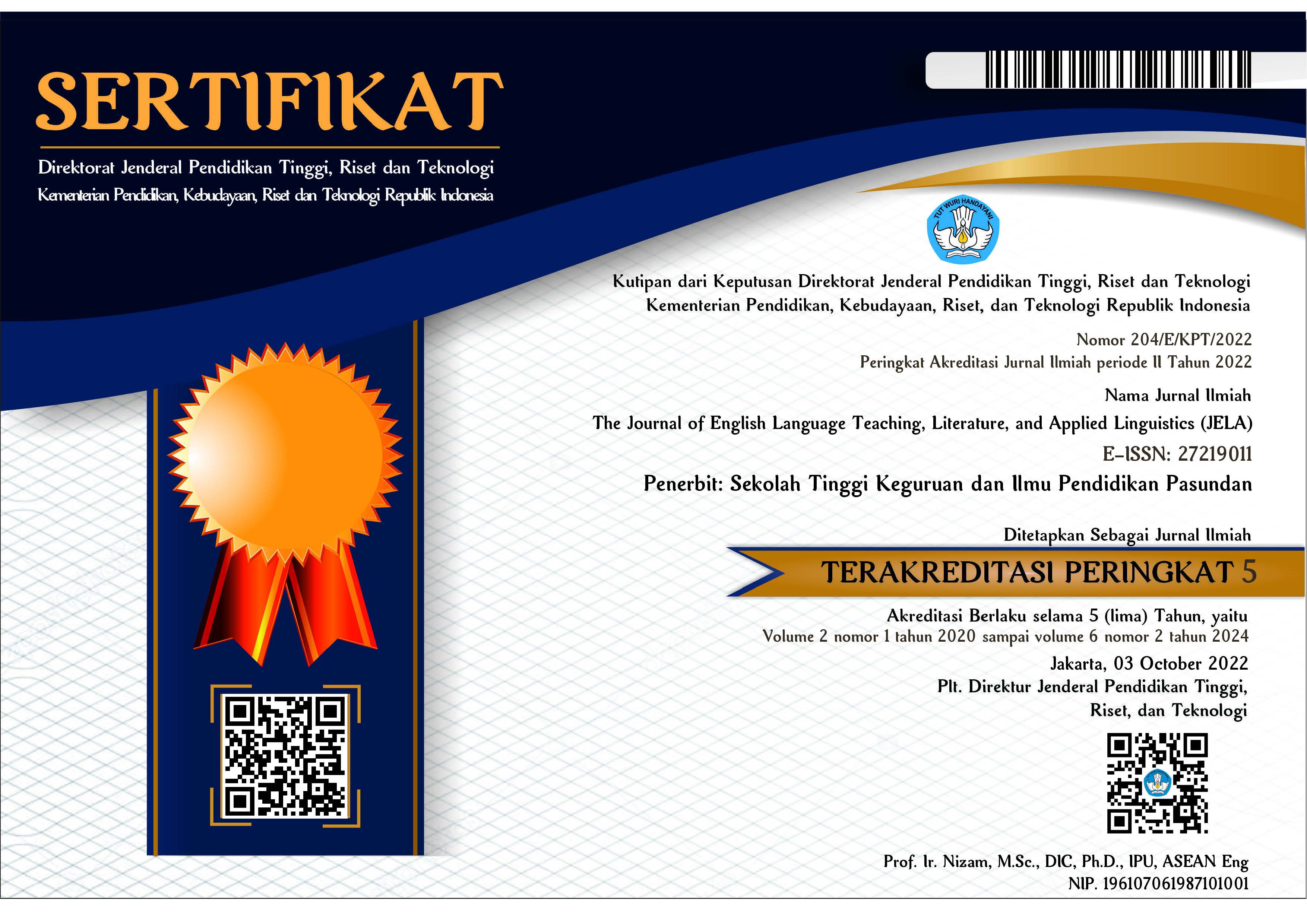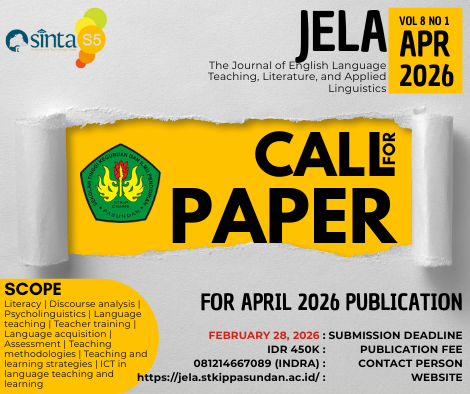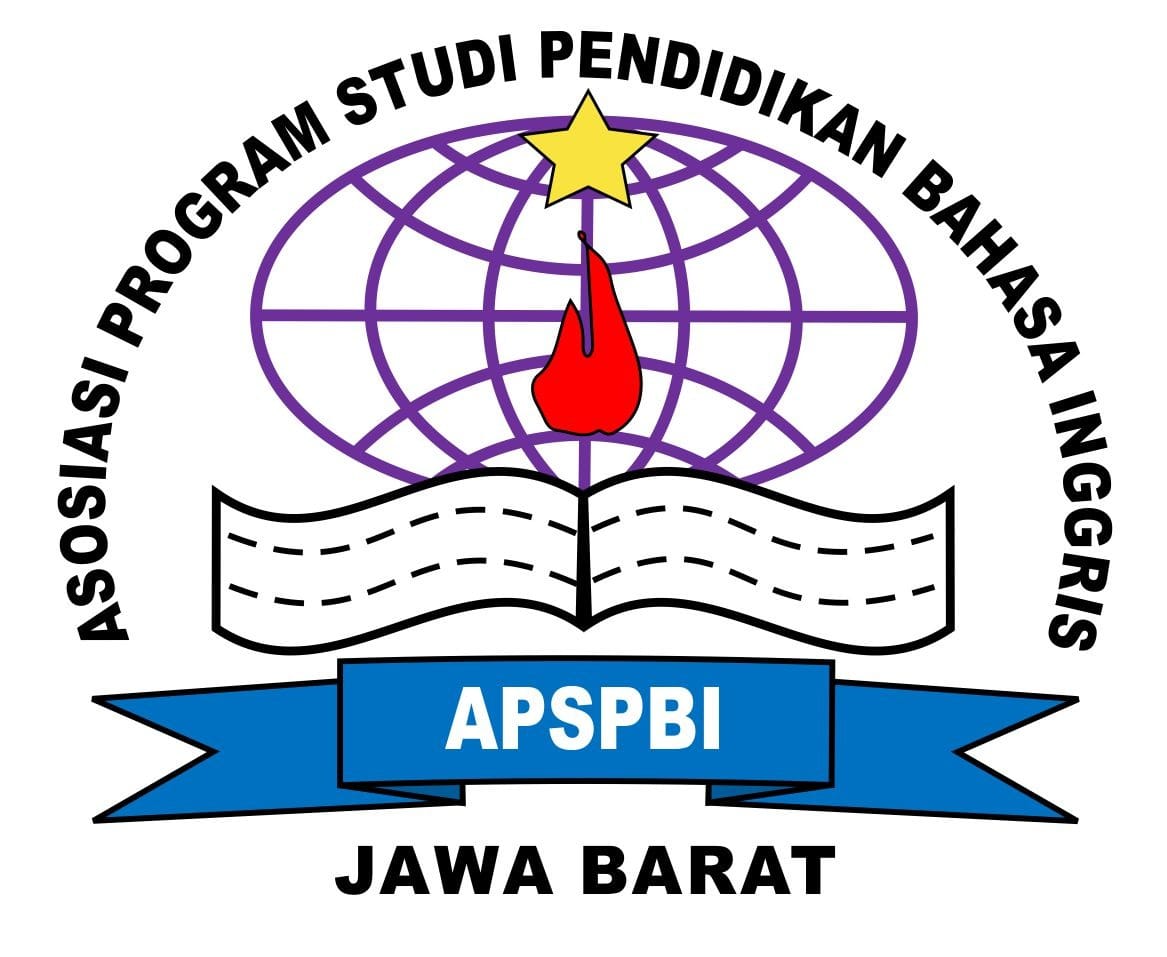EXPLORING DIVERGENT QUESTIONS AND COLD CALLING IN A CLASS DISCUSSION
DOI:
https://doi.org/10.37742/jela.v6i1.124Keywords:
Communication; Divergent Questioning; Silent student; silent classroom; questioning strategyAbstract
Effective communication is crucial in education as it plays a pivotal role in fostering student engagement and participation in the classroom. Students encounter numerous challenges when engaging with teachers, particularly in English classes. They must exert greater focus and be more proactive in the learning process to comprehend the information, which hinders their ability to remain engaged and actively participate. Researchers aim to explore questioning strategies and cold-calling techniques to enhance students' comprehension, increase their engagement in the learning process, and create avenues for them to articulate their viewpoints using cold-calling approaches facilitated by the teacher. This study aims to analyze how students react to the combination of the questioning method and cold calling in a collaborative setting. The study employed the qualitative descriptive method as its research approach and design. The research findings demonstrated that integrating the questioning method and cold calling was not beneficial in facilitating the development of practical lessons. It was evident from the shift in class dynamics observed after the study. Conversely, cold calling continues to pressure students, causing them to lose concentration on class issues. Implementing questioning and cold-calling strategies in the classroom yields distinct effects. There were two opposing situations in which students attempted to maintain their focus to respond to the teacher's questions while also experiencing anxiety simultaneously.










